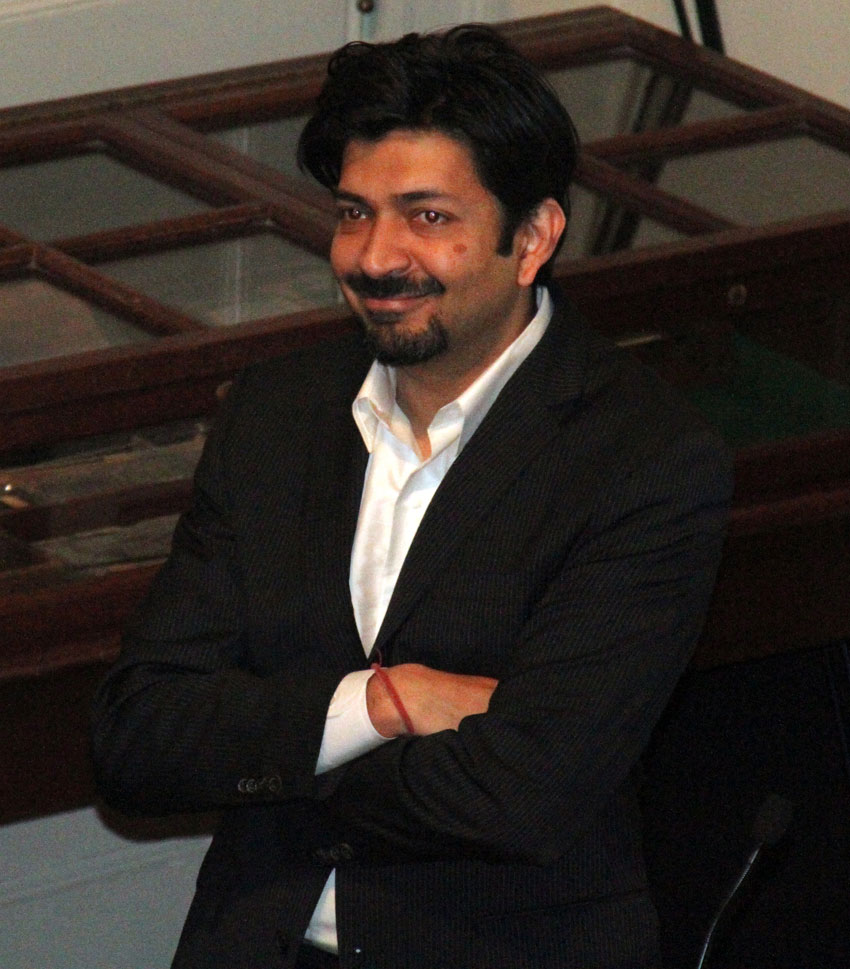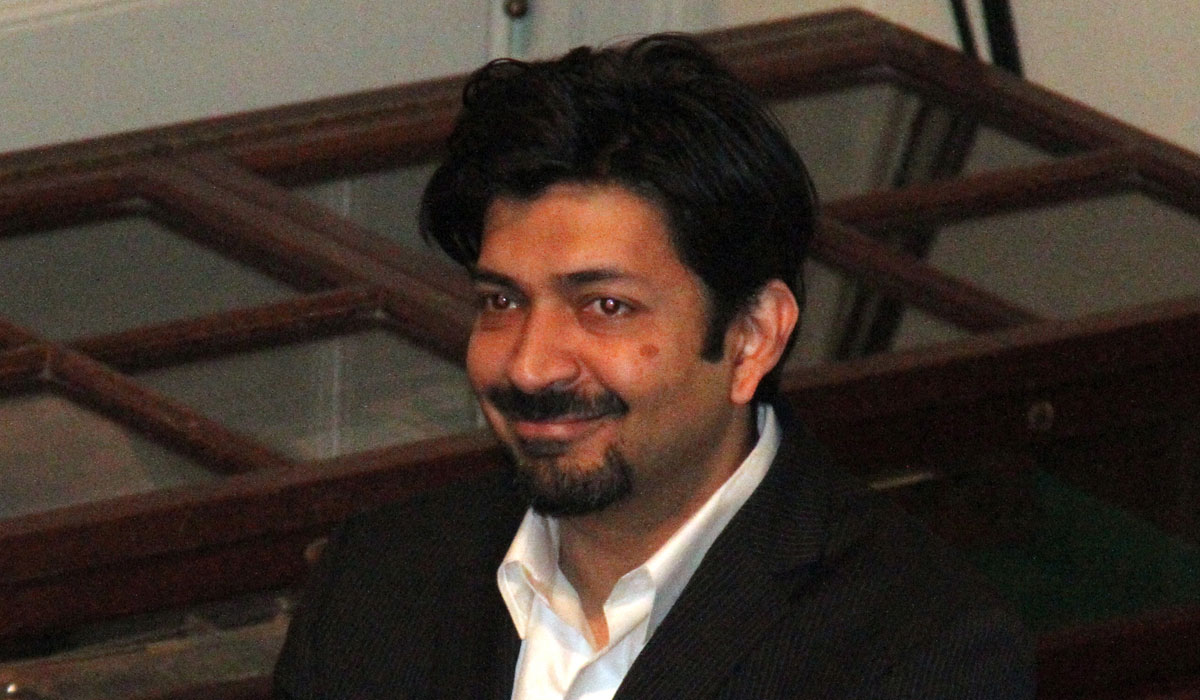THE GENE – AN INTIMATE HISTORY

The ethical and moral quandaries thrown up by the question of manipulation of the human genome—of whether a man can truly transcend his genes—are hotly debated, as are the unbridled prospects it tantalizingly offers, writes Bhaskar Sharma. – @Siliconeer #Siliconeer #SiddharhtaMukherjee #TheGeneAnIntimateHistory #EmperorofMaladies
The knotty dilemma of whether human beings should remain bound to heredity or alter the course of future generations, interspersed with a personal family history of mental illness, is something Siddhartha Mukherjee attempts to tackle in his latest book ‘The Gene – An Intimate History.’
Published by Penguin Random House, in the work described as a ‘prequel’ to his 2010 Pulitzer-winning work ‘Emperor of Maladies,’ the Indian American oncologist describes the enormous advances in 21st century genetic manipulation that allow one to test for mutations or diseases and ‘subtract’ the same from our DNA: in other words, to wipe ourselves clean of disease.
But what might be the unintended fallout of this kind of tampering? In this pursuit of wiping out illness, would we end up wiping out diversity and variance instead?
“Choice in short,” says the author, “is but an illusion devised by genes to propagate the selection of similar genes.”
Then again, preimplantation genetic diagnosis—a technique of identifying genetic defects within embryos—never throws forth results in black and white. The chance of a child suffering from a given disease is never a 100%, or a zero percent.
But outside of scouring for diseases, genetic engineering in embryos holds a rather sinister promise – it has the potential of altering and ‘adding’ genetic information, to make a newborn baby more ‘perfect’ – say to change the color of its hair, or skin.
In simpler words, the implications here are chilling – is this a hark back to the days of eugenics, the idea of the superior Aryan propagated in Nazi-era Germany?
Here, Mukherjee says, there are three broad guidelines which must govern our decision. The diseases that we are talking about should involve “extraordinary suffering.” An example would be a cognitive intellectual malady like down syndrome. What falls within the purview of this “extraordinary suffering” is a decision for society to make.
![]()
The second question to be considered is if one has the gene, what is the chance of getting the disease?
The third aspect, he says, is that there must be freedom, and no coercion involved in undergoing the procedure.
At the same time, he writes, “these parameters are inherently susceptible to the logic of self reinforcement.”
“We determine the definition of extraordinary suffering.
We demarcate the boundaries of normalcy vs abnormalcy. We make the medical choices to intervene. We determine the nature of justifiable and non-justifiable interventions,” he writes in the book.
In the midst of all these questions, lies the tale of Mukherjee’s own family—of two uncles and a cousin suffering from schizophrenia and bipolar disorder. The connection between the tale of the gene and the fear of contracting the hereditary malady is unmistakable.
“These stories are personal to me, but they can be anyone’s. These tales run through all families,” he says.
The advances being made in genetic manipulation are rapid.
But the answers to the ethical dilemmas are not so easily forthcoming.
With huge strides being made in this field everyday, the need of the hour is for a comprehensive international legal framework so that genetic engineering does not devolve into a free-for-all “arms race” among the countries of the world, Mukherjee says.
‘The Gene – An Intimate History’ is available at Amazon.com


